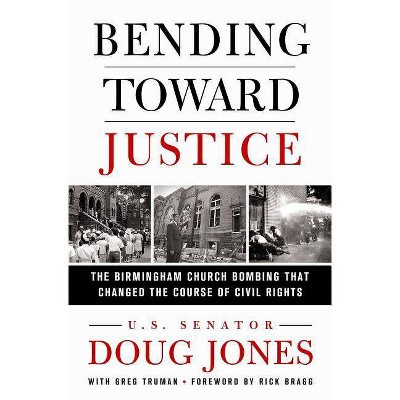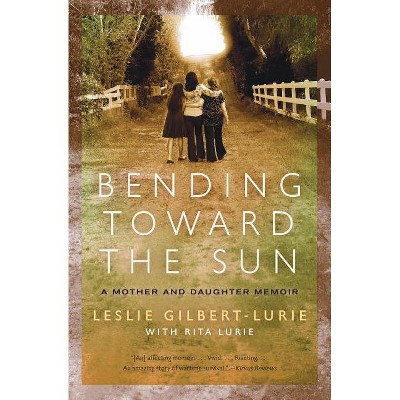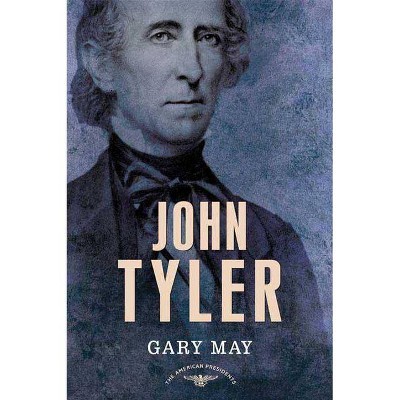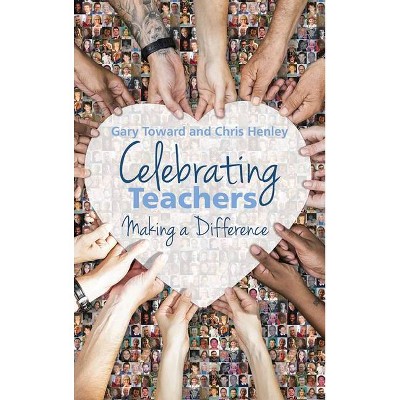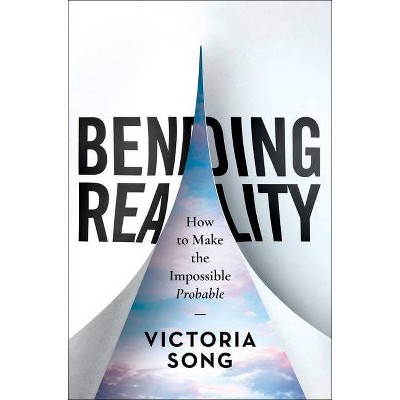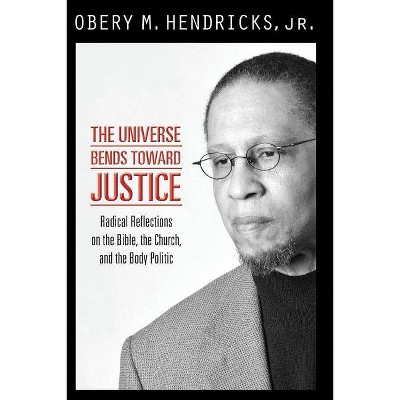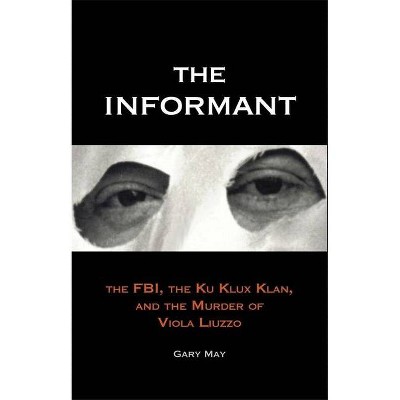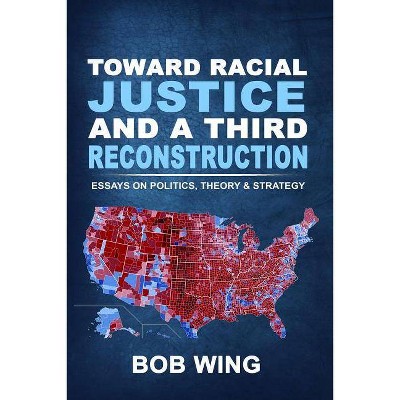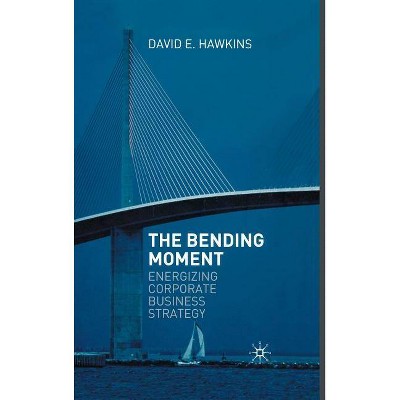Bending Toward Justice - by Gary May (Hardcover)
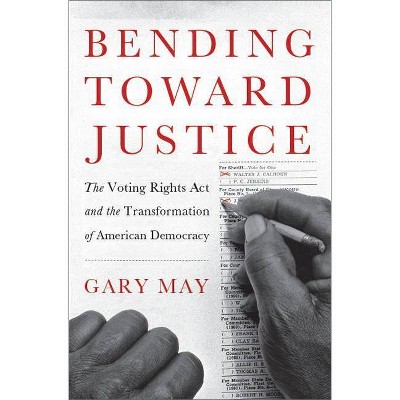
Similar Products
Products of same category from the store
AllProduct info
<p/><br></br><p><b> About the Book </b></p></br></br>Celebrated historian May describes how activists surmounted long-standing obstacles for the African-American vote, overcoming centuries of bigotry to secure--and preserve--the right of black citizens to full participation in American democracy in a vivid narrative history.<p/><br></br><p><b> Book Synopsis </b></p></br></br>When the Fifteenth Amendment of 1870 granted African Americans the right to vote, it seemed as if a new era of political equality was at hand. Before long, however, white segregationists across the South counterattacked, driving their black countrymen from the polls through a combination of sheer terror and insidious devices such as complex literacy tests and expensive poll taxes. Most African Americans would remain voiceless for nearly a century more, citizens in name only until the passage of the 1965 Voting Rights Act secured their access to the ballot. <p/> In <i>Bending Toward Justice</i>, celebrated historian Gary May describes how black voters overcame centuries of bigotry to secure and preserve one of their most important rights as American citizens. The struggle that culminated in the passage of the Voting Rights Act was long and torturous, and only succeeded because of the courageous work of local freedom fighters and national civil rights leaders -- as well as, ironically, the opposition of Southern segregationists and law enforcement officials, who won public sympathy for the voting rights movement by brutally attacking peaceful demonstrators. But while the Voting Rights Act represented an unqualified victory over such forces of hate, May explains that its achievements remain in jeopardy. Many argue that the 2008 election of President Barack Obama rendered the act obsolete, yet recent years have seen renewed efforts to curb voting rights and deny minorities the act's hard-won protections. Legal challenges to key sections of the act may soon lead the Supreme Court to declare those protections unconstitutional. <p/> A vivid, fast-paced history of this landmark piece of civil rights legislation, <i>Bending Toward Justice</i> offers a dramatic, timely account of the struggle that finally won African Americans the ballot -- although, as May shows, the fight for voting rights is by no means over.<p/><br></br><p><b> Review Quotes </b></p></br></br><br><b>Rick Valelly, Swarthmore College, author of <i>The Two Reconstructions</i></b><br>"In this vivid and beautifully written page-turner, May brings the story of the Voting Right Act to life in an altogether new way by deftly drawing out the personal stories and voices of this epoch-making statute. At a time when the future of the Voting Rights Act is uncertain and up for debate, May's book could not be more timely--or more readable." <p/><b>Nick Kotz, winner of the Pulitzer Prize and author of <i>Judgment Days: Lyndon Baines Johnson, Martin Luther King Jr., and the Laws That Changed America</i></b><br>"Gary May's dramatic <i>Bending Toward Justice</i> brings alive the critical dynamic between grass roots advocacy and political leadership which produced the most significant advance in civil rights since the Emancipation Proclamation. How this victory was achieved provides vital lessons to any citizen concerned about the importance of voting rights protections and the dangers and challenges to those rights today."<br><br><i><b>Kirkus Reviews</i></b><br>"A meticulous, impassioned narrative.... May delivers a fascinating account of the legislative maneuvering required to corral enough Republican votes to shut down the inevitable filibuster by southern Democrats and bring about final passage.... Superb history." <p/><b><i>Booklist</i></b><br>"An illuminating history of a law that remains all too relevant." <p/><b><i>Library Journal</i></b><br>"Compelling.... This lucid investigation of the act's history relates its critical importance to American democracy." <p/><b>Robert Dallek, author of <i>John F. Kennedy: An Unfinished Life, 1917-1963</i></b><br>"Gary May's compelling history of why and how the Voting Rights Act advanced the promise of American life could not be more timely. Every member of the Supreme Court and every citizen interested in the widest possible access to the ballot box will want to read May's book. It should be recognized as the standard work on this most important subject."<br><br><i><b>Montgomery Advertiser</i></b><br>"<i>Bending Toward Justice</i> is remarkable and deserves to be read by those interested in the civil rights movement." <p/><i><b>American Studies Journal</i></b><br>"In this extremely compelling narrative, historian Gary May does a masterful job of connecting the actions of blacks in the south who wished to exercise their political rights and broader local, regional, and national developments." <p/><i><b>The News Journal</i></b><br>"The story of the act is dramatically told by Gary May.... You cannot read this book without becoming convinced that the act was the most important law of the 20th century." <p/><i><b>Journal of American History</i></b><br>"Even the most knowledgeable will find interesting new nuggets here." <p/><i><b>Publishers Weekly</i></b><br>"May's lively and cogent history of the Voting Rights Act is indispensable reading for anyone concerned about the erosion of voting rights that has accompanied the election of Barack Obama, America's first black president, especially as the issue is still up for debate in 2013, in a case to be heard by the Supreme Court.... May has constructed a vivid, fast-paced morality tale.... By focusing on Selma, May pays tribute to the courage of otherwise ordinary people and makes a case for the continued relevance of this legislation."<br><br><i><b>The Washington Post</i></b><br>[An] exemplary account of the landmark law.... May moves nimbly through the swirl of events that led to the Voting Rights Act. <p/><i><b>New York Review of Books</i></b><br>"May's eminently readable book is particularly timely because the Supreme Court, on June 25, 2013, issued its decision in Shelby County v. Holder.... May's book contains a wealth of information about the events that led to the enactment of the 1965 statute--and about the dedication and heroism of little-known participants in the events that came to national attention in 1964 and 1965." <p/><i><b>Bookforum</i></b><br>"We have all probably talked about the Voting Rights Act in hushed whispers for too long. May's efforts go a long way toward ending that silence." <p/><i><b>The New Yorker</i></b><br>A book of the classical phase, a lively and unabashedly partisan account of Selma and the Voting Rights Act.... May tells the story his own way, and he is able to add many details." <p/><i><b>The Nation</i></b><br>"A great introduction to voting rights at a moment when the subject is drawing more attention than any time since 1965." <p/><i><b>Zocalo Public Square</i></b><br>"May's compelling narrative history brings individual experiences to life without losing sight of the bigger arc of a nation."<br><p/><br></br><p><b> About the Author </b></p></br></br><b>Gary May</b> is a professor of history at the University of Delaware. Winner of the Allan Nevins Prize of the Society of American Historians and author of four books, including <i>The Informant: The FBI, the Ku Klux Klan, and the Murder of Viola Liuzzo</i>, May lives in Newark, Delaware.
Price History
Cheapest price in the interval: 27.49 on November 8, 2021
Most expensive price in the interval: 31.99 on October 27, 2021
Price Archive shows prices from various stores, lets you see history and find the cheapest. There is no actual sale on the website. For all support, inquiry and suggestion messagescommunication@pricearchive.us
